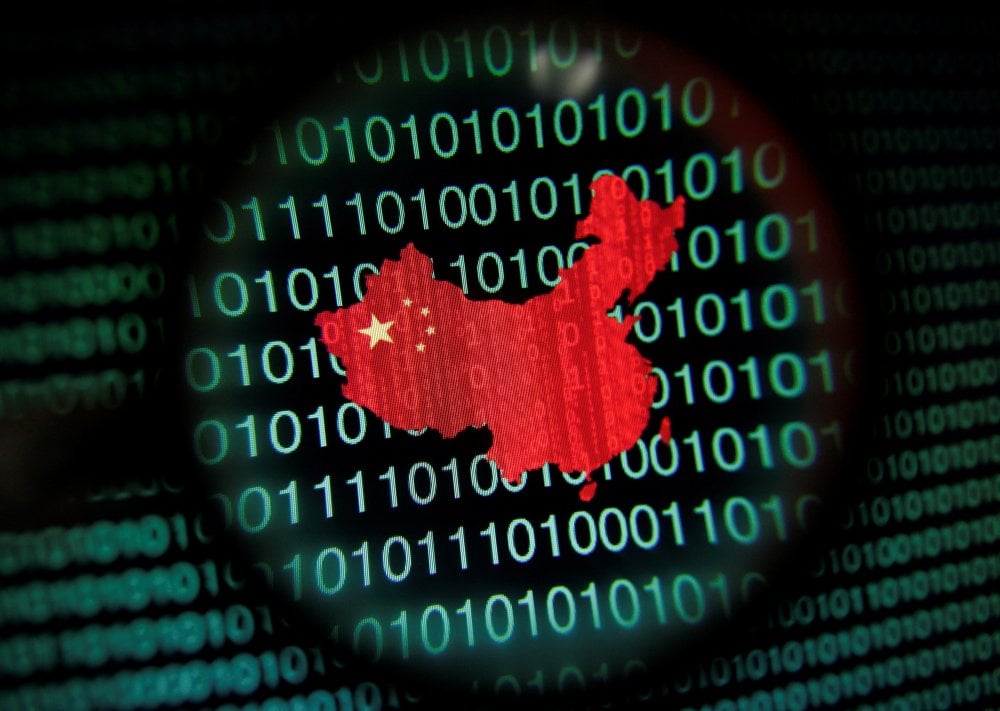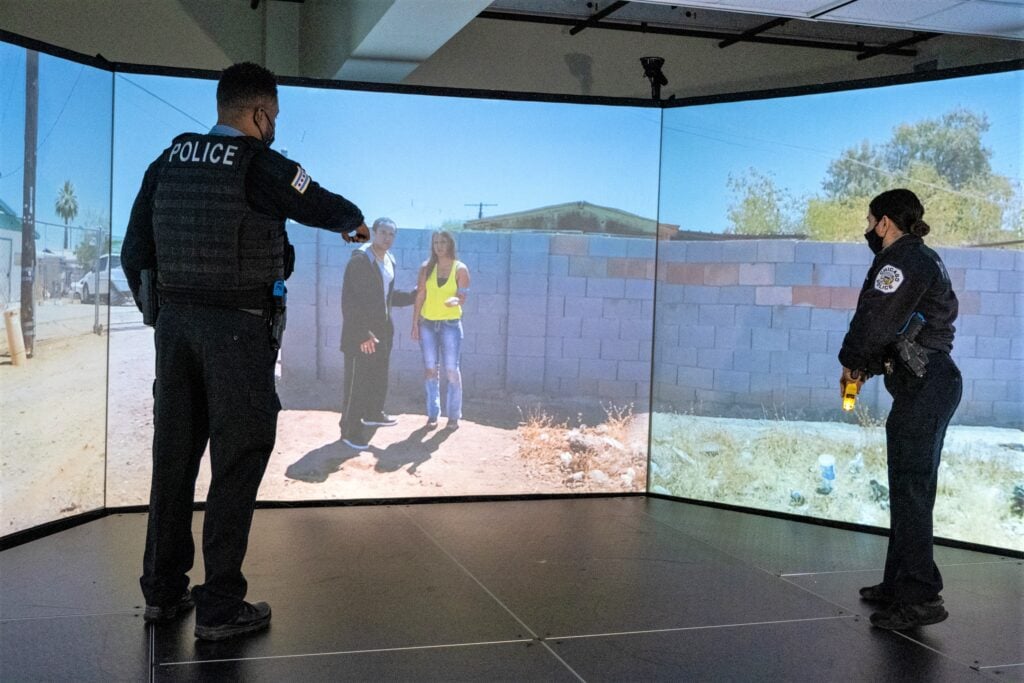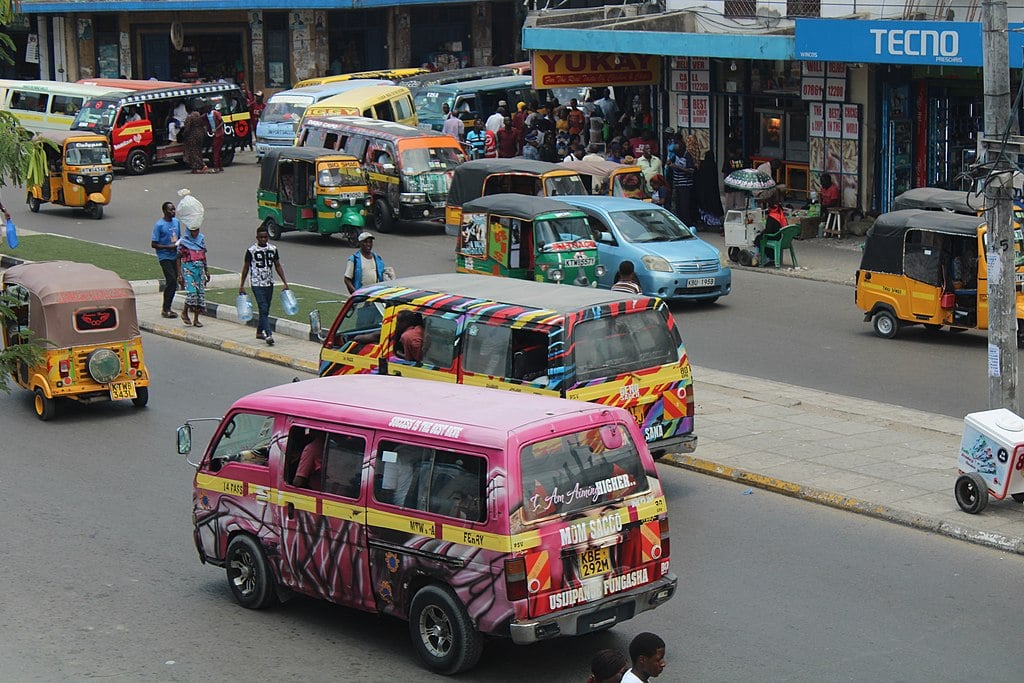
The Research
Harris research centers and scholars are studying how tech can be leveraged to help solve some of society’s most difficult challenges in areas such as campaigns and elections, the labor market, health care, education, property rights, public safety, housing, national security, and climate, among others.
Governance
Exploring questions concerning governance issues related to generative AI.

Ethan Bueno de Mesquita | Preparing for Generative AI in the 2024 Election: Recommendations and Best Practices Based on Academic Research
The rapid development of generative AI technology is transforming the political landscape, presenting both challenges and opportunities for the 2024 US election. This document provides a research-based overview of the potential impact of generative AI and offers best practices to safeguard the electoral process.

Ethan Bueno de Mesquita | Deterrence with Imperfect Attribution
Motivated by recent developments in cyberwarfare, a team of researchers from Northwestern University, The University of Chicago, and Massachusetts Institute of Technology study deterrence in a world where attacks cannot be perfectly attributed to attackers.
Technology Solutions for Societal Challenges
Expanding efforts to study tech’s impact on campaigns and elections, the labor market, health care, education, property rights, public safety, housing, national security, and climate, among other policy areas.

Crime Lab | Situational Decision-Making
Oeindrila Dube, Philip K. Pearson Professor of Global Conflict Studies, in partnership with the University of Chicago Urban Labs' Crime Lab, recently ran a large-scale experiment with 2000 Chicago police officers, randomizing access to a training program that used simulation consoles to help officers learn to deal better with the cognitive demands associated with complex decision making and information overload.

Behavioral Insights and Parenting Lab | EdTech
Ariel Kalil, Daniel Levin Professor and the Behavioral Insights and Parenting Lab are doing a variety of research on EdTech, with a particular interest in the ways that technology can help low socioeconomic status parents be more effective in supporting young children's development of math and reading skills.

Austin Wright | Monitoring Population Movement During Conflict
Faculty member Austin Wright is fielding research using tech-associated applications to improve development interventions. Currently, Wright is working with the United Nations High Comissioner for Refugees and the World Bank on how to use technology to monitor population movement during conflict. He has also worked on a project in Ukraine that used GPS trace data to monitor public responses to government warning systems via an application developed with a Ukrainian tech company

Erin Kelley & Greg Lane | Improving Traffic Safety in the Developing World
Harris faculty members Erin Kelley and Greg Lane are researching, via a years-long randomized controlled trial, the ways in which tech interventions (in the form of a mobile app) can substantially improve traffic safety in the developing world, in their case by focusing on the behavior of urban minibus drivers in Kenya.
Cyber Policy

Ethan Bueno de Mesquita | Preparing for Generative AI in the 2024 Election: Recommendations and Best Practices Based on Academic Research
The rapid development of generative AI technology is transforming the political landscape, presenting both challenges and opportunities for the 2024 US election. This document provides a research-based overview of the potential impact of generative AI and offers best practices to safeguard the electoral process.

Ethan Bueno de Mesquita | Deterrence with Imperfect Attribution
Motivated by recent developments in cyberwarfare, a team of researchers from Northwestern University, The University of Chicago, and Massachusetts Institute of Technology study deterrence in a world where attacks cannot be perfectly attributed to attackers.